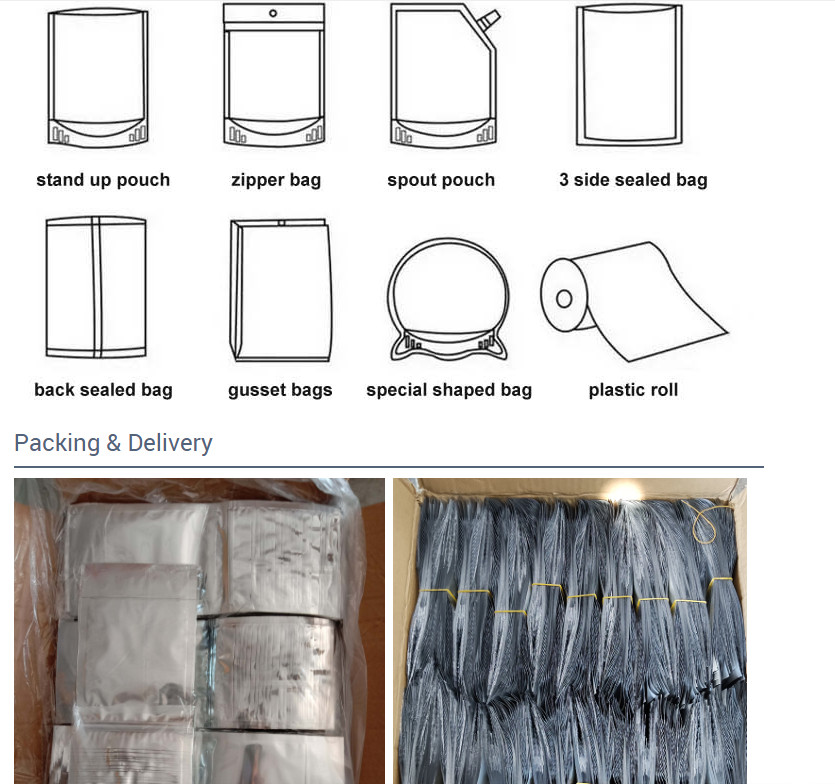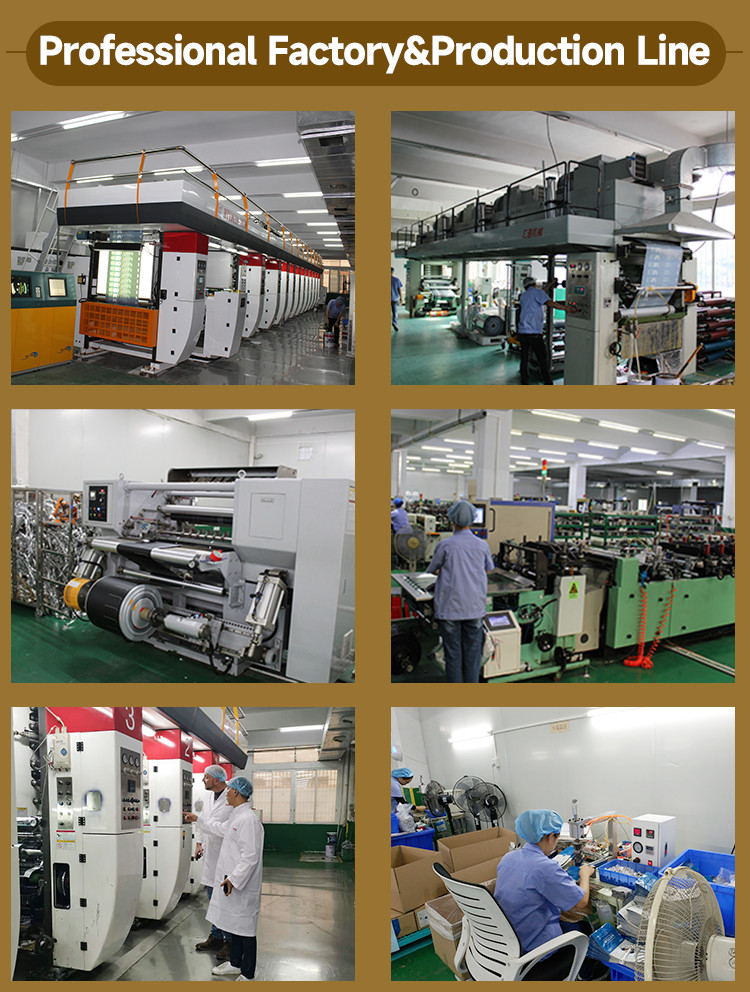Plastic Coffee Bags: A Sustainable Revolution for Freshness and Environmental Responsibility
Introduction:
Plastic coffee bags have sparked a sustainable revolution in the coffee industry, redefining the way coffee is packaged and consumed. In this article, we will delve into how these bags have become pioneers of freshness preservation and environmental responsibility. By adopting eco-friendly materials, promoting waste reduction, and championing responsible sourcing, plastic coffee bags have emerged as a symbol of the coffee industry’s commitment to a greener and more sustainable future.
1. Freshness Preservation at its Finest:
Plastic coffee bags are renowned for their ability to preserve the freshness and aroma of coffee beans. Their multi-layered design acts as a protective shield, preventing exposure to oxygen, moisture, and light that can degrade the quality of the beans. The result is an unparalleled coffee experience with every brew, showcasing the true essence of freshly roasted coffee in every cup.
2. Eco-Friendly Materials for Environmental Stewardship:
The sustainable revolution of plastic coffee bags is anchored in the use of eco-friendly materials. Manufacturers are opting for biodegradable plastics derived from renewable sources, such as corn or sugarcane. These materials break down naturally, leaving behind minimal environmental impact and reducing the burden on landfills. By choosing eco-friendly materials, the coffee industry demonstrates its dedication to preserving the planet’s resources.
3. Waste Reduction through Circular Economy Practices:
Plastic coffee bags are actively promoting waste reduction through circular economy practices. Manufacturers encourage consumers to return used bags for recycling, repurposing, or upcycling, ensuring valuable materials remain in circulation. The bags’ durability supports multiple uses, contributing to the reduction of single-use packaging waste. Embracing circularity not only minimizes the industry’s environmental footprint but also fosters a regenerative system that benefits both businesses and the environment.
4. Responsible Sourcing for Ethical Impact:
Responsible sourcing is a cornerstone of the sustainable revolution in plastic coffee bags. Manufacturers work closely with suppliers to ensure that raw materials are ethically sourced and produced. This commitment extends to coffee producers, promoting fair trade and sustainable farming practices. By embracing responsible sourcing, plastic coffee bags positively impact the livelihoods of coffee farming communities and foster a more equitable coffee industry.
5. Empowering Consumers for Environmental Consciousness:
Plastic coffee bags empower consumers to make environmentally conscious choices. Clear labeling and communication about the bags’ eco-friendly features educate consumers about their impact on the environment. Brands actively encourage consumers to participate in recycling initiatives, promoting a culture of shared responsibility for environmental conservation. By empowering consumers, plastic coffee bags inspire a collective effort towards a more sustainable coffee industry.
Conclusion:
Plastic coffee bags represent a sustainable revolution in the coffee industry, balancing freshness preservation with environmental responsibility. Through eco-friendly materials, waste reduction, responsible sourcing, and consumer empowerment, these bags symbolize the industry’s commitment to a greener and more sustainable future.
As the sustainable revolution continues, plastic coffee bags will remain at the forefront of responsible packaging practices, shaping a coffee industry that cherishes both the quality of its products and the well-being of the planet. By preserving freshness and embracing environmental consciousness, plastic coffee bags set a new standard for a truly sustainable coffee experience that benefits the entire supply chain and inspires consumers to make a positive impact on the world, one cup at a time.















